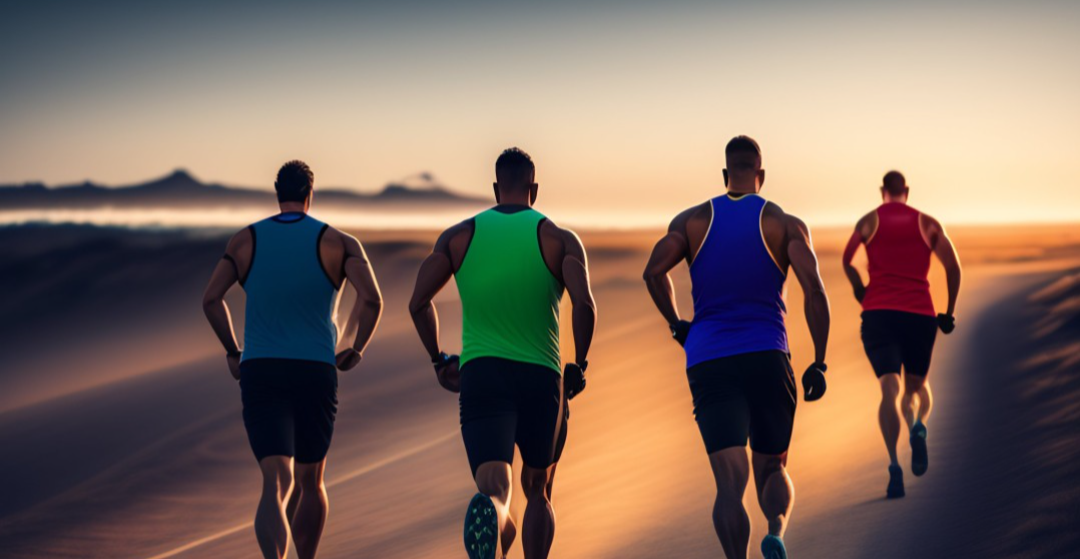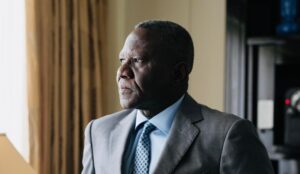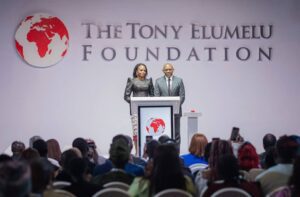
In the vibrant city of Lagos, Nigeria, the sun rises early, casting a golden hue over the bustling streets. Amidst the lively markets and honking taxis, a significant trend is emerging—one that revolves around the importance of physical activity for a healthy lifestyle. This trend is not just a passing fad but a critical shift towards better health, driven by individuals like Aisha Oladipo, a passionate fitness advocate.
Aisha, a 34-year-old fitness trainer and nutritionist, has witnessed firsthand the transformative power of physical activity. Raised in the heart of Lagos, she grew up surrounded by the fast-paced lifestyle that often prioritized work and convenience over health. Yet, Aisha’s own journey into fitness began with a personal struggle. After facing a series of health issues in her early twenties, including chronic fatigue and weight gain, she realized that a sedentary lifestyle was taking a toll on her well-being.
Determined to make a change, Aisha embarked on a fitness journey that not only improved her health but also inspired her to help others. She established a community fitness center in Lagos, offering affordable workout sessions and health education. Through her initiative, she emphasizes the significance of regular physical activity, not just for weight management but for overall well-being.
In Nairobi, Kenya, another success story unfolds in the form of Mwangi Kariuki, a community leader and advocate for youth sports. Mwangi’s passion for physical activity stems from his childhood, where he participated in local football matches and athletic events. His experiences highlighted the benefits of exercise beyond physical health—it fostered discipline, teamwork, and self-esteem.
Recognizing the potential for sports to positively impact youth, Mwangi launched a series of after-school sports programs in Nairobi. These programs cater to children and teenagers from various backgrounds, offering them opportunities to engage in activities like football, basketball, and track and field. By promoting physical activity in these young lives, Mwangi aims to instill lifelong habits of health and fitness.
The benefits of physical activity extend far beyond individual health. In Cape Town, South Africa, Dr. Zanele Nkosi, a prominent public health researcher, has been studying the broader societal impacts of exercise. Dr. Nkosi’s research reveals that communities with higher levels of physical activity experience reduced rates of chronic diseases, such as diabetes and heart disease. Moreover, these communities often exhibit improved mental health and reduced healthcare costs.
Dr. Nkosi’s research has led to the implementation of various community health initiatives in Cape Town. One such initiative is the “Walk for Wellness” program, which encourages residents to incorporate walking into their daily routines. This program has gained popularity, with participants ranging from young professionals to elderly community members. The collective effort has not only improved individual health but also fostered a sense of unity and collective well-being.
In the northern region of Ghana, the small village of Tamale is also embracing the benefits of physical activity. Here, Kofi Adomah, a local farmer and fitness enthusiast, has initiated a grassroots movement to promote exercise among villagers. Kofi’s approach is simple yet effective—he organizes morning jogs and communal fitness sessions in the village square.
Kofi’s efforts have brought about a remarkable change in Tamale. The villagers, who once relied heavily on traditional methods of transportation and sedentary agricultural work, have embraced the idea of incorporating exercise into their daily routines. The impact is evident not only in their improved physical health but also in the enhanced sense of community and well-being.
The stories from Lagos, Nairobi, Cape Town, and Tamale illustrate a common theme: physical activity is a cornerstone of a healthy lifestyle. However, promoting this message requires overcoming several challenges. In many African cities and rural areas, access to fitness facilities and safe spaces for exercise can be limited. Additionally, cultural attitudes towards physical activity and the prioritization of work or family responsibilities can pose barriers.
Addressing these challenges involves a multi-faceted approach. Community leaders and health advocates like Aisha, Mwangi, Dr. Nkosi, and Kofi are making significant strides by creating accessible and inclusive fitness opportunities. Their efforts highlight the importance of adapting fitness initiatives to local contexts and needs, ensuring that physical activity becomes an integral part of daily life.
In Lagos, Aisha’s fitness center not only offers workout sessions but also provides nutritional counseling and health workshops. By addressing the holistic aspects of health, she ensures that her clients receive comprehensive support. Her work is further supported by local government initiatives that aim to improve public spaces and promote active lifestyles.
Similarly, Mwangi’s sports programs in Nairobi are supported by partnerships with schools and local organizations. These collaborations ensure that the programs reach a wide audience and are sustainable in the long term. By involving the community in planning and execution, Mwangi ensures that the programs are culturally relevant and effectively address the needs of the youth.
Dr. Nkosi’s research in Cape Town has led to policy changes that promote physical activity as part of public health strategies. Her work has influenced local governments to invest in infrastructure that supports exercise, such as parks and walking trails. The success of the “Walk for Wellness” program has inspired similar initiatives in other cities, further extending the reach of her research.
In Tamale, Kofi’s grassroots movement exemplifies the power of community-driven change. By leveraging existing social structures and promoting simple, accessible forms of exercise, he has created a model that other villages can replicate. His approach demonstrates that physical activity does not always require sophisticated facilities or equipment; it can thrive through creativity and community spirit.
The collective efforts of these individuals across different African regions underscore a crucial message: physical activity is essential for a healthy lifestyle. Whether through organized fitness programs, community initiatives, or personal dedication, incorporating regular exercise into daily routines can lead to significant improvements in physical and mental health.
As the sun sets over Lagos, Nairobi, Cape Town, and Tamale, the echoes of footsteps, laughter, and camaraderie resonate through the streets and fields. The commitment to physical activity is not just a trend but a vital component of a healthier, happier life. In each community, the stories of transformation and dedication serve as a reminder of the profound impact that exercise can have on individuals and societies alike.
The journey towards a healthier lifestyle is ongoing, and the examples set by Aisha, Mwangi, Dr. Nkosi, and Kofi offer valuable lessons for others to follow. Embracing physical activity as a cornerstone of health can pave the way for a brighter, more vibrant future, where the benefits of exercise extend far beyond individual gains to foster stronger, more resilient communities across Africa and beyond.
Source: African Publicity & Ghanaija







